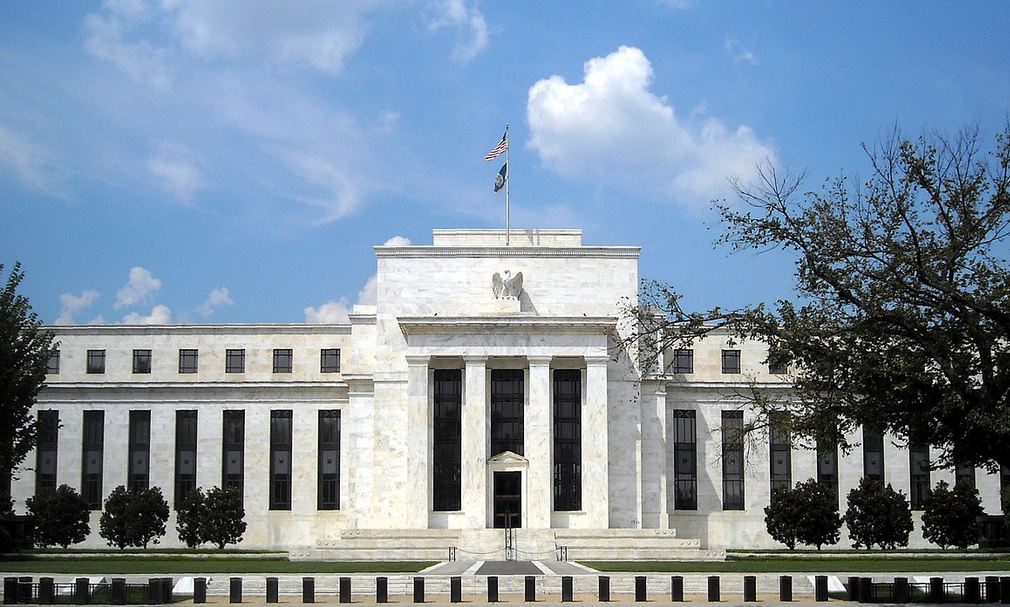Event risks on the calendar have much more to do with the decision than fundamentals and market volatility, according to Scotiabank. Below are some major event risks that are more likely to carry the day over discussions on domestic growth and inflation in lessening a sense of urgency versus waiting until October or December at which point several of these risks will be further informed.
1. Government shutdown
There is the strong risk of another US government shutdown by early October. Funding needs to be passed by September 30th and many think that it is unlikely that Congress will succeed in passing the 12 spending bills to fund federal agencies, with controversy over the Planned Parenthood organization the latest wrench in the works. Recall the no-taper decision in September 2013 that was significantly driven by Chair Bernanke's earlier guidance that summer to the effect that fiscal policy uncertainty would not be compounded by monetary policy shifts. The risk is material with Washington insiders citing anywhere from over 50% to 70% odds of a shut-down. With a Presidential election on tap for November of next year, neither side wishes the same acrimony this time as the disputes that shut the government for about two weeks in 2013.
2. Greek Elections
Prime Minister Alexis Tsipras resigned on August 20th and Greek elections have been called for September 20th - three days after the FOMC meeting. This risks courting renewed dysfunction in European markets. Hiking in front of the Greek elections could prove to be an unwise step for the Fed. It remains unlikely that Greece has the same market effects as it did in 2011-12, but risks could change. A coalition that kicks out the rebels could be positive. An increased presence by the rebels in Greek government would not be, nor would inability to form a workable coalition.
3. China's Devaluation
China's devaluation on August 11th rightly or wrongly increased market concerns about the Chinese economy. It could surprise the bears on the plus side into next year and hard landing concerns are unjustified, but the uncertainty around this is making the Fed a tad nervous.
4. Commodity Prices
Oil and other commodity prices went into another tailspin over July and August after a more encouraging trend beforehand. That's a gift to most of the world that is more comprised of net importers than exporters and so it should lift world growth forecasts in my personal opinion, but it's a sign of turbulent price discovery action that raises uncertainty over root causes. Many of those root causes are supply side and Fed-related as China continues to import more oil each month, and hence these are positive forces to global growth, but recent developments risk feeding uncertainty nonetheless.
To the opposite side, you could argue that US GDP growth surprised higher on revisions for Q2 (+3.7%). We can play ping-pong back and forth on domestic fundamentals by pointing to weak August payrolls even though they are notorious for upward revisions, how the very early tracking for Q3 growth is much cooler from the Atlanta Fed's nowcast even if probably going higher with more data, and current inflation readings are soft (but headed higher soon).
Event risks could keep the Fed on hold next week

Sunday, September 13, 2015 8:12 AM UTC
Editor's Picks
- Market Data
Most Popular



 Best Gold Stocks to Buy Now: AABB, GOLD, GDX
Best Gold Stocks to Buy Now: AABB, GOLD, GDX  RBI Holds Repo Rate at 5.25% as India’s Growth Outlook Strengthens After U.S. Trade Deal
RBI Holds Repo Rate at 5.25% as India’s Growth Outlook Strengthens After U.S. Trade Deal  Federal Reserve Faces Subpoena Delay Amid Investigation Into Chair Jerome Powell
Federal Reserve Faces Subpoena Delay Amid Investigation Into Chair Jerome Powell  Bank of Canada Holds Interest Rate at 2.25% Amid Trade and Global Uncertainty
Bank of Canada Holds Interest Rate at 2.25% Amid Trade and Global Uncertainty 






























